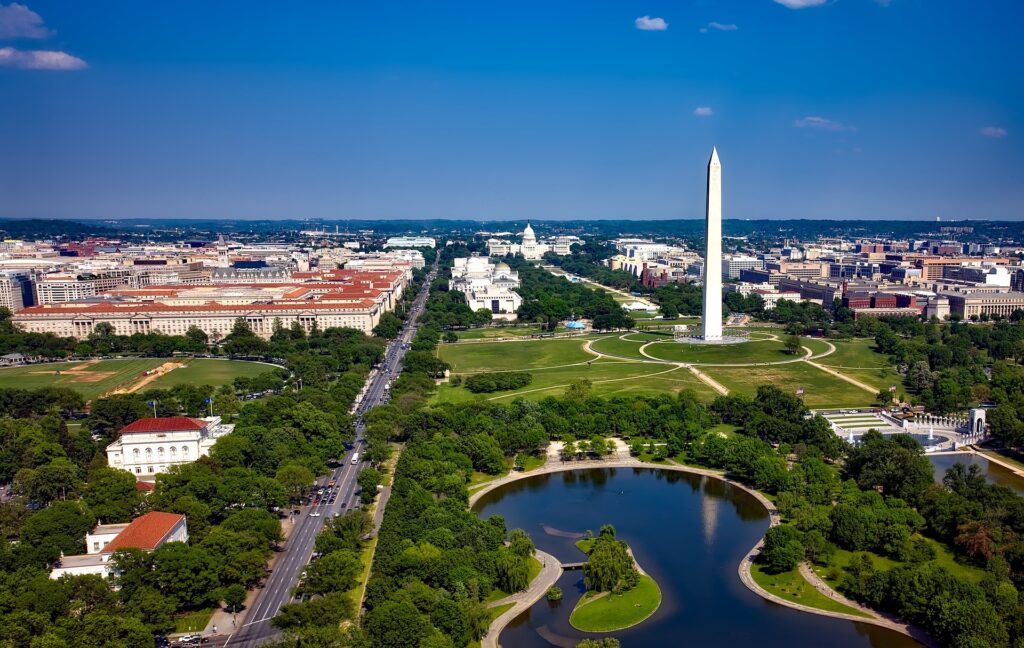Turkish Americans typically vote Republican. This time, they are divided over which White House candidate should get their ballot.
By Bahar Kader and Melis Özpinar | NEWSWEEK
Published Nov 1, 2008
Engin Inel Holmstrom, a Turkish-born American citizen, has made up her mind: she will vote for Barack Obama. Holmstrom, a 72-year-old retired sociologist, has been living in the United States for about 50 years. She supports the Democratic candidate, she says, because the world needs peace and America has to face its mistakes in Iraq. To her, a John McCain-win would mean the continuation of the current Bush administration and serve as a recipe for disaster.
Not all Turkish Americans are as certain as Holmstrom. For the first time, the community-which has typically tended to vote Republican-is divided over which candidate to choose. On the one hand, they feel closer to the Republicans because they feel the GOP has a more balanced approach to Turkish arguments on issues such as the Armenian genocide allegations and the dispute over Cyprus. On the other, they believe a Democratic leader will be better placed to solve the financial crisis and work toward achieving a more peaceful world. Call it a case of heads for McCain, hearts for Obama. “Economic improvement can only be achieved with Obama,” says Saduman Curbuz, president of the North Texas Turkish American Association. Nonetheless, he says, his group eventually decided to back McCain because of the candidate’s support for Turkey.
Almost 400,000 Turkish American live in the U.S., about 100,000 of them are expected to vote on Nov. 4. For many, say Turkish community leaders, the candidates’ views on the Cyprus and Armenia issues will be decisive. Pro-McCain Turks say that Obama has made more promises to Armenian, Greek and Greek Cypriot lobbies than previous Democratic presidential contenders-among them, supporting passage of a U.S. Congressional resolution stating that the Ottoman Empire carried out genocidal attacks against Armenians in 1915. They also reject Obama’s reference to Turkey as an “invader” of Cyprus after Ankara’s 1974 military intervention on the island. “If Obama is elected Turkish-US relations can be fundamentally damaged,” says Kayaalp Buyukataman, the president of Turkish Forum, a grassroots organization with 300,000 members worldwide. Buyukataman, a McCain supporter, believes the 2008 White House election will be very important for future Turkish-U.S. relations.
Kaya Boztepe, president of the Federation of Turkish-American Associations based in New York, also believes that most Turkish Americans will continue to tilt Republican. However, other members of the community argue that this bloc will be less solid than in the past. Among them is lawyer Ayla Simon, who feels that Obama will step back from his support of the Armenian genocide resolution if he wins the vote. “The White House makes those who are elected to live there realistic for political reasons,” says Simon. “Obama will also support Turkey [to promote] world peace.” Lincoln McCurdy, president of the Turkish-American Coalition (TCA), is also among those who are not concerned about Obama’s comments on Turkey’s need to acknowledge the Armenian genocide. “[Former U.S. president Jimmy] Carter had also made comments against Turkey in his General Assembly meeting speeches; but, when he came to the White House he was reluctant to make similar comments and he worked to lift military sanctions.”
While the Turkish vote may not play a decisive role in any of the battleground states, Turkish Americans are flexing their political muscle in other ways. The community donated close to a billion dollars to the candidates during the primaries and is becoming increasingly active in its lobbying of the Congressional caucus on U.S.-Turkish relations led by Florida Democrat Robert Wexler. According to McCurdy, this is the first time Turkish Americans have played such a strong political role. “Two states where the highest amount of donations obtained from Turkish Americans during the primaries were Texas and South Carolina,” he says. “It is not a coincidence that 10 of the senators in the Turkish Caucus came from Texas and nine from South Carolina.” Turks may not have drawn as much attention in the U.S. as ethnic blocs like Jews and Greeks, he says, but that could change after this election.
This article was adapted from a feature in the inaugural issue of Turkiye NEWSWEEK, which launched in Turkey as NEWSWEEK’s newest local-language edition on Oct. 27, 2008. Turkiye NEWSWEEK is published in collaboration with the Ciner Media Group.
© 2008
